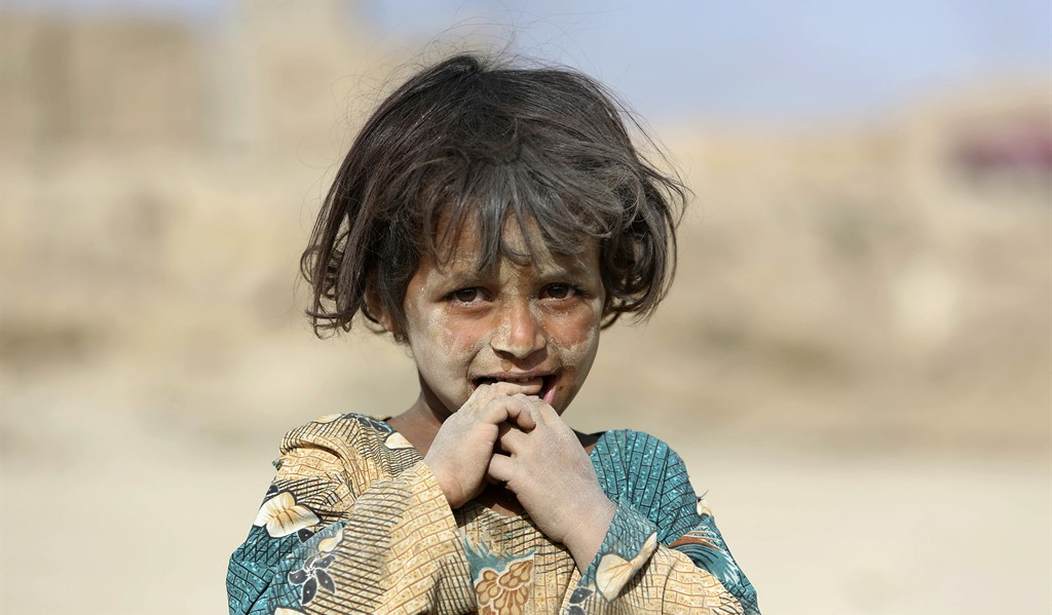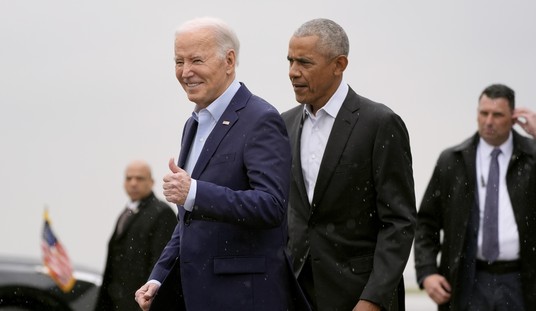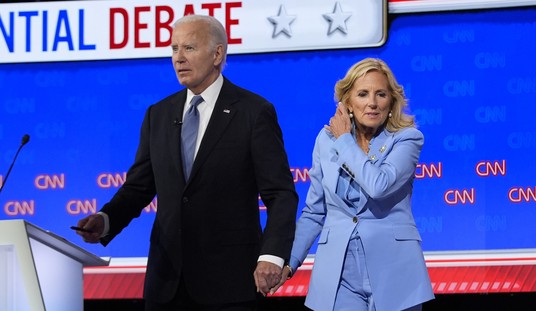As Biden was limping his way through his Afghanistan withdrawal, the country’s economy understandably began to tank. Afghans resorted to selling their belongings to make ends meet. Two weeks later, many are out of trinkets to sell. What’s next?
“I would prefer to die than be reduced to selling my daughter,” Mir Nazir, 38, told The Times . “But my own death wouldn’t save anyone in my family. Who would feed my other children? This isn’t about choice. It’s about desperation.” Nazir worked as a police officer in the town of Ghani, but lost his job and fled to Kabul with his wife and five children days before the Taliban took over Kabul. Nazir claims that his rent in Kabul is more than his current wages, and his family is hungry.
“I received an offer from a shop owner, a man I knew had no children,” Nazir continued. “He offered 20,000 afghans [Afghan currency, AFN] for my daughter Safia to live with him and work in his shop. If I ever get the 20,000 Afghans to buy her back, he said I could. But I can’t sell my daughter for that low a price, so I asked for 50,000. We are still discussing. She may have a better future working in a shop than staying with me, and the price may save my family.”
50,000 AFN is roughly $576.43
Selling children isn’t rare in Afghanistan. Another man sold a ten-week old baby for 70,000 Afghans last January when he fell on hard times.
FACT-O-RAMA! The value of the Afghans has tumbled to near-record lows since the Taliban took over on August 15.
“Don’t think I am any different to you. Don’t think I didn’t love the baby child I brought into the world and have loved her ever since, don’t think I am not distraught as the thought of selling my daughter. I just can’t see what else I can do,” Nazir added, defending his decision.
Afghanistan’s economy has gotten more bad news since the Taliban took over:
- a lot of international aid supplied to Afghanistan was halted or cut off
- the World Bank stopped its aid to Afghanistan on August 25
- the International Monetary Fund blocked access to $460 million in emergency reserves
- the U.S. has also blocked almost $7 billion in Afghan central bank reserves held in U.S. institutions
The results have wreaked havoc on the nation’s economy. Almost 75 percent of public spending is dependent on foreign support. Food prices have skyrocketed in recent weeks, just as hundreds of thousands of Afghans working in the security sector and government workers are facing unemployment.
Many banks have reopened since their temporary closures, but limit withdrawals to almost $170 per week.
“We are relieved that the war and fighting have ended,” Nazir continued, “but we are all facing a new enemy: poverty. To work, without ever having enough to pay the bills, and come home to see your wife and children getting hungrier as you slide daily into worse debt without any hope that things will get better is a form of pain and worry as bad as the war.”










Join the conversation as a VIP Member